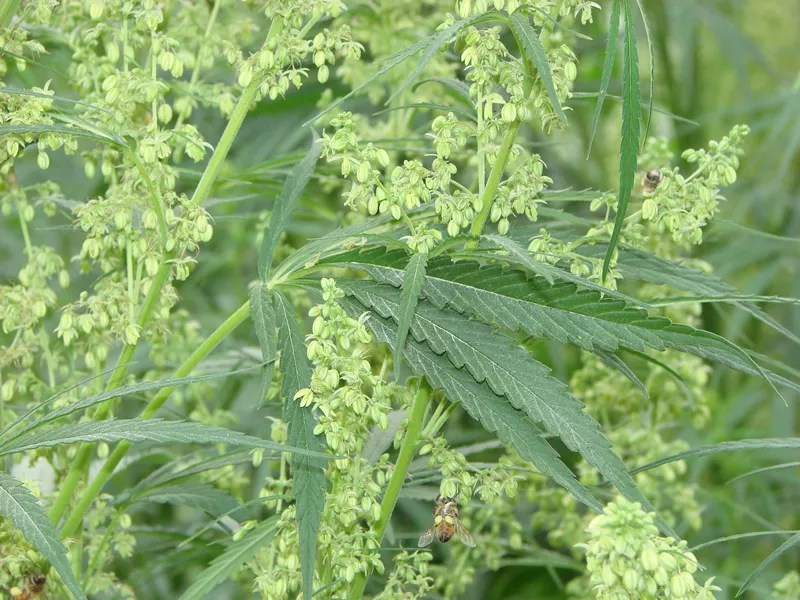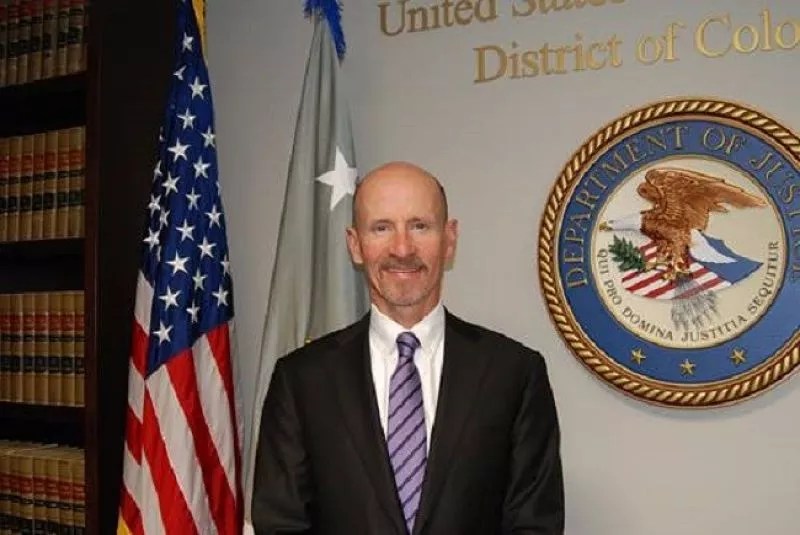
Colorado Department of Agriculture

Audio By Carbonatix
The politicians are at it again. Amendment X tries to mislead voters into giving people less power, and politicians more power, by gutting the state’s constitutional protection and legalization of “industrial hemp.”
Industrial hemp, although it is cannabis, is constitutionally not “marijuana.” Hemp is not a recreational drug, but has thousands of practical uses. Colorado has quickly developed one of the leading hemp industries in the world, employing thousands and generating millions in business activity, thanks to Amendment 64. Hemp, if it hasn’t already, has the potential to eclipse even marijuana in Colorado’s economy.
If it ain’t broke, don’t fix it.
But Amendment X is mischaracterized as routine tinkering, as “changing the industrial hemp definition from a constitutional definition to a statutory definition.”
No. Amendment X would eliminate any definition. Currently the Colorado Constitution locks in a minimum protection for cannabis that has 0.3 percent THC (marijuana’s active ingredient). Amendment X would redefine industrial hemp as “has the same meaning as it is defined in federal law or as the term is defined in Colorado statute.”
Which one? Federal law or state statute? Currently, hemp is illegal under both federal law and state statute. The poorly drafted Amendment X guarantees litigation or even criminal prosecution if federal law is different from state statute, as it is right now. Under federal “law,” the U.S. Drug Enforcement Administration is empowered to unilaterally change the scheduling of narcotics and to outright ban them, as is the U.S. Congress. The DEA currently claims that industrial hemp is illegal under federal law.
Even Colorado state law still defines hemp as illegal. Colorado’s state legislators have failed since 2012 to bring statute in line with Amendment 64. Yes, every hemp plant in Colorado is still illegal under state statute, which contains no THC cutoff. [See C.R.S. § 18-18-102(18)] Colorado state statute still schedules any trace amount of THC, found in hemp, as a “Schedule I” narcotic, just like federal law. [See C.R.S. § 18-18-203(2)(c)(XXIII)]
For Colorado’s state legislators, Amendment 64 never happened. No wonder voters don’t trust them.

Robert Troyer is the U.S. Attorney for the District of Colorado.
U.S. Department of Justice
Amendment X unilaterally surrenders Colorado’s constitutional protections for hemp to the Trump Justice Department. The U.S. Attorney for Colorado, Bob Troyer, just last week indicated a radical change in the federal approach to Colorado’s cannabis industry, to prosecute it, regardless of state law compliance.
James Madison stated in The Federalist No. 51, “If men were angels, no government would be necessary. If angels were to govern men, neither external nor internal controls on government would be necessary.”
Politicians are not angels, and thus must be constrained by a constitution. Proponents use a deceptively milquetoast argument of changing hemp’s protection “from constitutional to statutory.” Would anyone support changing the First Amendment’s protection of free speech from “constitutional to statutory”? Of course not. We need a constitution to protect us from statutes and politicians.
And there is a reason Colorado has developed one of the leading hemp industries in the world: Amendment 64, which locks in constitutional protections so that the industry and investors have a solid foundation of predictability and stability.
The logically bereft justification for Amendment X goes something like this: Federal law may someday, maybe, increase the amount of THC allowed in hemp from 0.3 percent to 1.0 percent or something similar, which somehow makes Colorado’s definition of 0.3 percent too “low.”
The politicians’ folly is thus laid bare. The only reason cannabis is illegal, or defined as illegal, is statute. Hemp is a carveout and is not marijuana. Cannabis prohibition was invented by politicians, and can be eliminated or scaled back by them. Marijuana can be redefined statutorily as cannabis with THC of more than 1.0 percent, or 5.0 percent, or 10.0 percent. There is nothing in Amendment 64, or anywhere else, that permanently requires marijuana to be illegal, and nothing that locks in the statutory definition of marijuana or of hemp to any amount of THC.
Amendment X would allow the legislature to re-criminalize hemp.
Someday, prohibition will end, marijuana will be treated like alcohol, and hemp will be treated like an agricultural crop. In the meantime, Colorado’s industrial-hemp industry needs the full protection that our constitution gives to the people.
Colorado voters should preserve our constitutional protections for industrial hemp, and should soundly reject Amendment X. Keep hemp legal. Vote no on Amendment X.
Robert J. Corry, Jr. is a lawyer and co-author of Colorado Amendment 64, and leads the No on Amendment X Issue Committee.
Westword occasionally publishes op-eds on matters of interest to metro Denver readers. Have one you’d like to submit? Send it to editorial@westword.com.